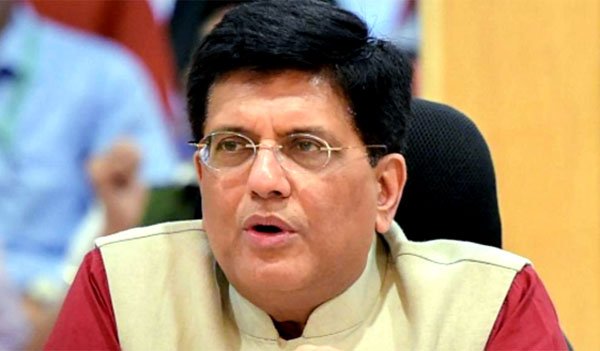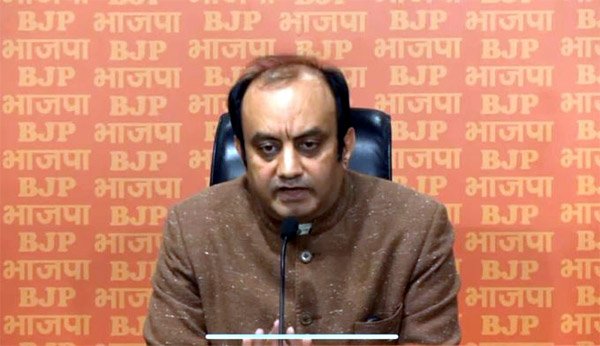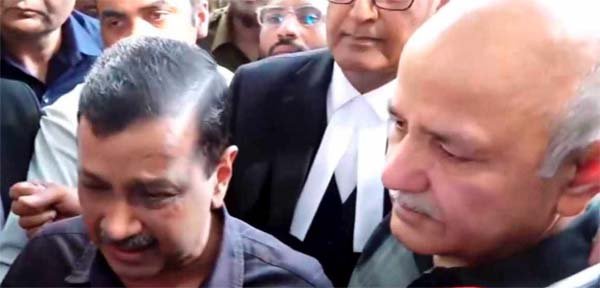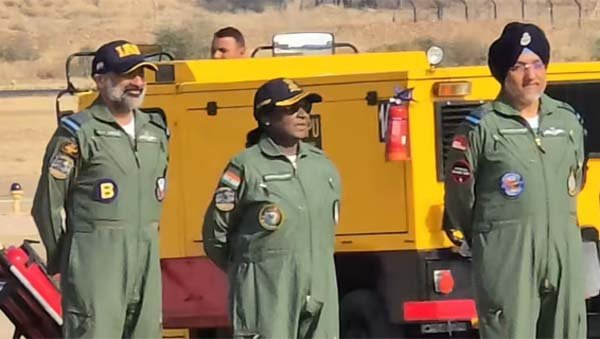New Delhi, Oct 17 (UNI) Commerce Minister Piyush Goyal said the Indian economy is systematically prepared to address present and future challenges, which is guided by a clear vision and a strong commitment to the nation-first philosophy.
“India has undergone a significant shift in recent years, and it now negotiates from a position of strength, reflecting the country’s growing economic confidence and global stature in terms of India’s approach to free trade agreements and other trading agreements,” Goyal said while addressing the 105th annual general meeting of ASSOCHAM here.
“India’s foreign exchange reserves continue to boost around USD 700 billion, reflecting the strong fundamentals of the Indian economy. In every aspect, the people of India, businesses and industry together represent a new dynamism, enthusiasm and confidence that were not witnessed a few years ago.” Minister added.
The world recognises India as an important trading and trusted partner to work with. The minister observed that the days when India used to negotiate trade agreements from a position of weakness are over, and that the Indian passport now commands respect and value across the world.
Referring to the recent IMF projections of India’s growth forecast from 6.4 to 6.6pc and the lowest retail inflation of 1.54 pc in eight years, the Minister said, “When the world is facing challenging global times, India continues to demonstrate resilience and remains the fastest-growing economy.”
Goyal elaborated that the free trade agreements (FTAs) signed with Mauritius, Australia, the United Arab Emirates, and European Free Trade Association (EFTA) countries mark a new chapter in India’s trade engagement with the world.
“These agreements have been structured with a strategic and balanced approach, keeping India’s economic priorities and long-term growth objectives at the forefront,” he said.
The Minister also highlighted that the recent FTAs have opened new opportunities for Indian exporters by creating access to high-income markets, encouraging investments and enabling the flow of advanced technologies.
“These partnerships are designed to promote industrial collaboration, enhance supply chain resilience and support the government’s vision of making India a global manufacturing hub. These agreements also have provisions for cooperation in innovation, research and skill development, ensuring that Indian businesses remain competitive in a rapidly evolving global landscape. ” Goyal said.
Highlighting the steps taken by the government for promoting ease of doing business, he said, “The government has worked to make India an attractive destination for business through ease of doing business measures, decriminalisation of laws and simplification of processes and compliance.”
“India is fully committed to its sustainability goals and has already achieved 250 gigawatts of renewable energy capacity, representing 50pc of the country’s transmission grid. By 2030, India will achieve 500 gigawatts of clean energy capacity, making it one of the best destinations for data centres and clean energy investments,” the Minister added.
He expressed confidence that in the next two years, the country’s services exports will surpass merchandise exports. He noted that the services sector not only creates employment and drives economic growth but also fuels manufacturing, real estate and overall market demand.
Goyal said the government is engaging with start-ups working on recycling waste to extract rare earth elements such as loam and aldo, and discussions are underway to establish rare earth processing facilities in India, a sector currently limited to a few regions globally.
Emphasising self-reliance and resilience, the Minister urged stakeholders to strengthen supply chains to ensure long-term sustainability.
He said recent global disruptions underscored the importance of building secure, diversified and self-reliant supply networks.
He highlighted that the government is encouraging industries to map their supply chains and identify areas to boost domestic capacities aligning the broader vision of ‘Aatmanirbhar Bharat.’
Referring to his interactions with Export Promotion Councils (EPCs) and industry associations, Goyal reiterated the need for innovation, local manufacturing, and efficient logistics to make India’s trade systems agile and adaptable to future opportunities and challenges.











